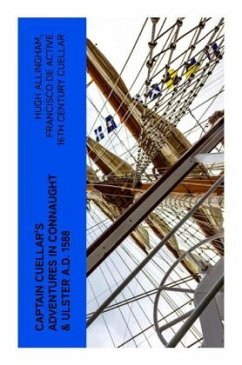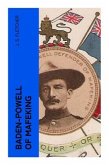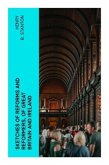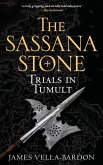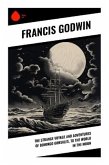Captain Cuellar's Adventures in Connaught & Ulster A.D. 1588 offers a profound exploration of cultural encounters and survival against the backdrop of the late 16th century. This remarkable collection captures the harrowing yet enlightening experiences of two diverse voices, Hugh Allingham and Francisco de Cuellar. Through a tapestry of narrative and historical documentation, the anthology paints a vivid picture of the tumultuous period following the defeat of the Spanish Armada and the subsequent journeys of its survivors. Rich in its thematic exploration of resilience, conflict, and cultural interchange, the anthology stands as a testament to the enduring human spirit amidst uncertainty. The anthology combines the perspectives of Hugh Allingham, a noted historian, with the 16th-century soldier Francisco de Cuellar, whose firsthand accounts form the cornerstone of the collection. Allingham's meticulous research intertwines seamlessly with Cuellar's narrative, offering readers a textured insight into the geopolitical and social dynamics of the time. This collaboration underscores the historical and literary significance of transnational exchanges and their impact on identity formation during pivotal moments in history. This anthology is an invaluable resource for readers seeking a comprehensive understanding of one of history's most compelling eras. It invites readers to experience the intersection of personal and historical narratives, revealing diverse viewpoints through rich storytelling. By engaging with this collection, one gains not just a glimpse into the past but also an appreciation for the enduring dialogue between cultures and histories. Delve into this anthology to appreciate the profound depth of perspectives it offers and to foster a nuanced understanding of the forces that shaped early modern Europe.
Bitte wählen Sie Ihr Anliegen aus.
Rechnungen
Retourenschein anfordern
Bestellstatus
Storno

